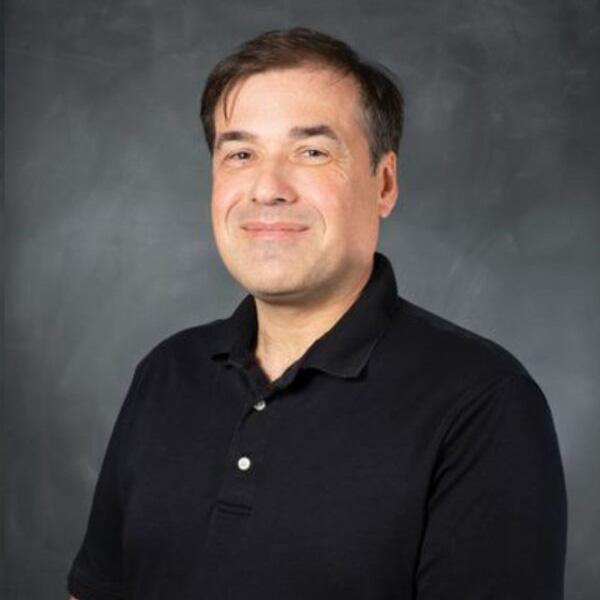Project Abstract
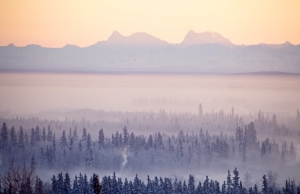 The cold and dark wintertime conditions of the Arctic lead to frequent poor air quality episodes linked to local emissions along with temperature inversions that trap pollutants in the areas where people live. Infrastructure planning such as energy generation and industrial activities along with residential choices of heating fuels such as wood, fuel oil or others are critical aspects of this problem. Residents spend most of their time indoors during wintertime, so most exposure to pollutants occurs indoors. From this background, fundamental knowledge gaps were identified in: outdoor/indoor air transport, indoor pollution sources such as leaky heating appliances, and chemical transformation of pollutants under these Arctic conditions. These gaps must be closed to understand the impacts of air pollution on Arctic communities and improve community health. Sustainably Navigating Arctic Pollution -- Through Engaging Communities (SNAP-TEC) focuses on improving understanding of wintertime Arctic outdoor and indoor air pollution. Discussions with community members will assist researchers in identifying local concerns regarding air quality, and in designing appropriate sustainable development frameworks, with the goal of improving air quality for Arctic peoples.
The cold and dark wintertime conditions of the Arctic lead to frequent poor air quality episodes linked to local emissions along with temperature inversions that trap pollutants in the areas where people live. Infrastructure planning such as energy generation and industrial activities along with residential choices of heating fuels such as wood, fuel oil or others are critical aspects of this problem. Residents spend most of their time indoors during wintertime, so most exposure to pollutants occurs indoors. From this background, fundamental knowledge gaps were identified in: outdoor/indoor air transport, indoor pollution sources such as leaky heating appliances, and chemical transformation of pollutants under these Arctic conditions. These gaps must be closed to understand the impacts of air pollution on Arctic communities and improve community health. Sustainably Navigating Arctic Pollution -- Through Engaging Communities (SNAP-TEC) focuses on improving understanding of wintertime Arctic outdoor and indoor air pollution. Discussions with community members will assist researchers in identifying local concerns regarding air quality, and in designing appropriate sustainable development frameworks, with the goal of improving air quality for Arctic peoples.
To investigate wintertime Arctic air pollution issues at the intersection of the natural and built environments and social systems, SNAP-TEC uses a convergence approach that starts with a community engagement process to build a research and co-generation of knowledge program that has direct impacts on the community. This project has grown out of organizing efforts under the International Global Atmospheric Chemistry (IGAC) Project activity "Air Pollution in the Arctic: Climate, Environment and Societies" (PACES) and the Alaskan Layered Pollution and Chemical Analysis (ALPACA) project, which have documented knowledge gaps in this area. (See the ALPACA whitepaper, readily available online.) SNAP-TEC brings together a multi-disciplinary team to investigate this problem, with the center focus being a wintertime field campaign in Fairbanks, Alaska, where the scientific and social issues surrounding poor air quality can serve as a case study to inform practice and policy in similar cities, and villages across the broader Arctic region. The resulting knowledge of pollution sources and chemistry, housing and pollution control technology, and social aspects, can assist New Arctic communities to plan appropriate solutions that work for residents. Local and Indigenous peoples are most likely to be affected by Arctic development, therefore, the community engagement process will include local Fairbanks residents and Alaska Native community members. The project measures indoor and outdoor air quality using state-of-the art instrumentation to advance fundamental understanding of air pollution sources and chemical processes under cold and dark conditions, indoor/outdoor air exchange, and physicochemical changes to pollutants upon warming to indoor conditions, sulfur oxidation chemistry, and toxicity of air pollution. The field program is combined with community meetings, public participation in scientific data collection (a.k.a. citizen science, using inexpensive air-quality sensor monitoring), and a survey to assess public understanding of air quality, trust in science, perceived risk and uncertainty, and support for air quality policies. The SNAP-TEC research team involves a diverse group of natural and social scientists and engineers with extensive student involvement to address the problem. Through the international PACES organization, lessons learned from this investigation will be extended to an international pan-Arctic context through identification of fundamental processes and best practices, informing Arctic development and future studies.
Logistics Summary
This large collaboration between Simpson (1927750, LEAD, UAF), Pratt (1927831, U Mich), DeCarlo (2012905, John Hopkins U), Weber (1927778, GA Tech), Stutz (1927936, UCLA) and Williams (1927867, Washington U) will collect indoor and outdoor air measurements using state-of-the art instrumentation, conduct community meetings and engagement to answer research questions and to identify factors that potentially enhance or hinder implementation of air quality improvement strategies, engage community members in using inexpensive "Purple Air" sensor monitoring, and social science research. Sustainably Navigating Arctic Pollution -- Through Engaging Communities (SNAP-TEC) seeks improved understanding of wintertime Arctic outdoor and indoor air pollution, built in collaboration with community members, to assist sustainable development of the Arctic and improve air quality for Arctic peoples. The cold and dark environment of the Arctic during wintertime leads to large air pollutant emissions related to heating and industry that often become trapped by temperature inversions, leading to poor outdoor air quality. Major emission sources include domestic heating (oil, wood, coal), power generation plants (coal and oil), air and road transportation, and light industry. Infrastructure planning of energy generation and industry along with residential choices of heating sources (e.g. heating by wood or other fuels) are critical aspects of the air pollutant problem. In the summer or fall of 2020, team members will conduct a site visit in Fairbanks. In winter 2021, researchers will rent a house with wood and oil heat in Fairbanks to study indoor air quality as compared to outdoor air. A laboratory trailer will be established outside the home for the duration of the field intensive. A field team of 2-5 will use multiple real-time aerosol mass spectrometers to obtain in-depth information about PM chemical composition, including molecular level organic composition and individual particle source identification. Researchers will invite the community advisory groups to visit the field measurement sites during the active data collection phase. Also, researchers will collaborate with the Tanana Chiefs Conference (TCC) Office of Environmental Health so that concerns relevant to native communities and individuals can be incorporated into their research and inform their results.
Season Field Site
2020 Alaska - Fairbanks
2021 Alaska - Fairbanks
Keywords
Air pollution, Arctic, Communities, Societal attitudes, Co-production of Knowlede
Project Location
Website
Project WebsiteDates
-Location
Fairbanks, AK; North Pole, AKMembers
Principal Investigator
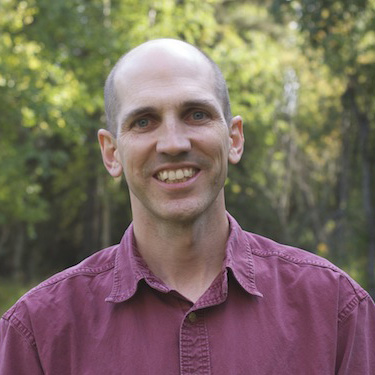
Co-Principal Investigator
Co-Principal Investigator

Co-Principal Investigator

Principal Investigator
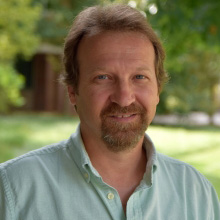
Principal Investigator
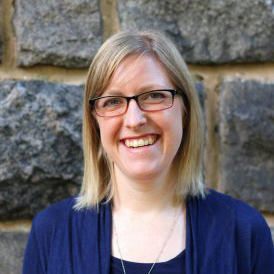
Principal Investigator

Principal Investigator
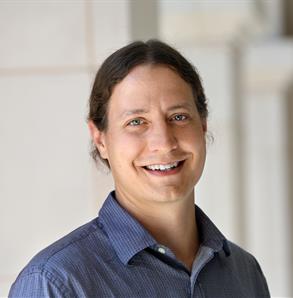
Principal Investigator
